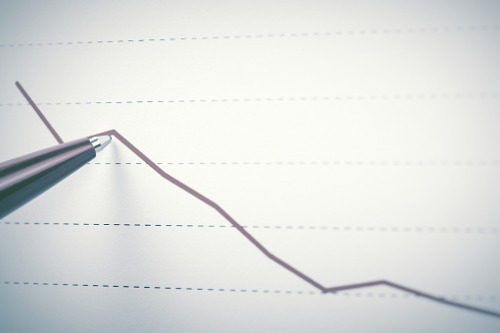

A new bill which would make insurance companies pay for business interruption claims related to the COVID-19 pandemic could prompt a massive drop in the US stock market, some analysts warn.
The bill, dubbed the Pandemic Risk Insurance Act (PRIA), was proposed by Democrat Representative Maxine Waters. The PRIA has been modeled after a similar measure, the Terrorism Risk Insurance Act (TRIA), which capped the total amount insurers have to pay for claims related to a terrorist act at $100 billion per year. For every $100 billion, they pay out 20% of their direct earned premiums as a deductible, then pay 20% of the remaining amount in excess of this deductible. The government then pays the rest.
PRIA does not have a set cap yet, but it would likely have to be larger given the scale of the COVID-19 outbreak.
Regardless of the cap, analysts are concerned that the bill would endanger the stock market.
In an interview with The Financial Times, Mactavish CEO Bruce Hepburn warned that insurers could hold a “fire-sale” of stocks if there is a lack of support for the sector. He added that insurers in recent years had increased their riskier asset classes, as their traditional investments in low risk corporate and sovereign bonds returned low yields. The insurance and risk analytics chief executive also cautioned that the overall impact of COVID-19 on the insurance sector “could be more devastating than 9/11.”
Many major US insurers are also sizeable investors in the US stock market, such as Berkshire Hathaway. According to CNBC, the insurer, as of April 06, 2020, had a stock portfolio worth about $166 billion.
CCN reported that if Berkshire Hathaway and other similar major insurers were forced to sell off their shares, the impact could be devastating. The news portal warned that the stock market could be looking at a repeat of what happened on March 12, 2020 – its worst day since 1987.
